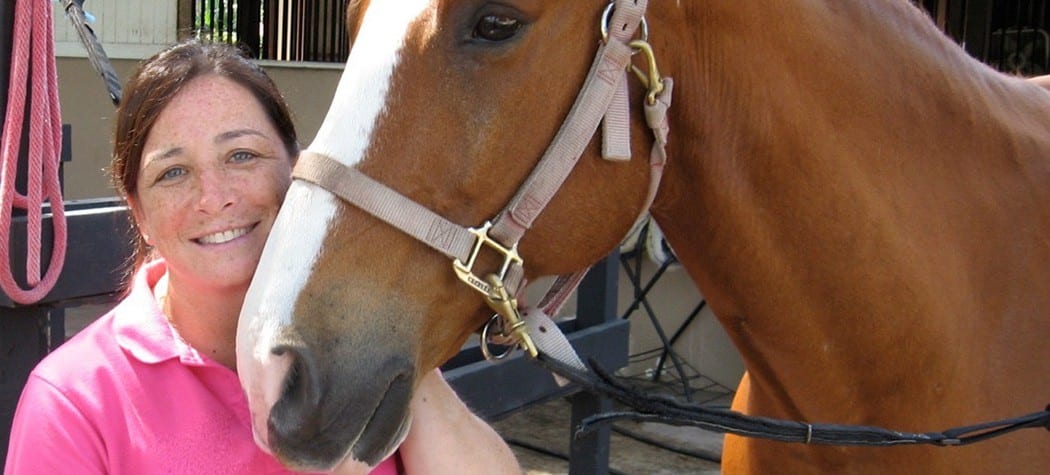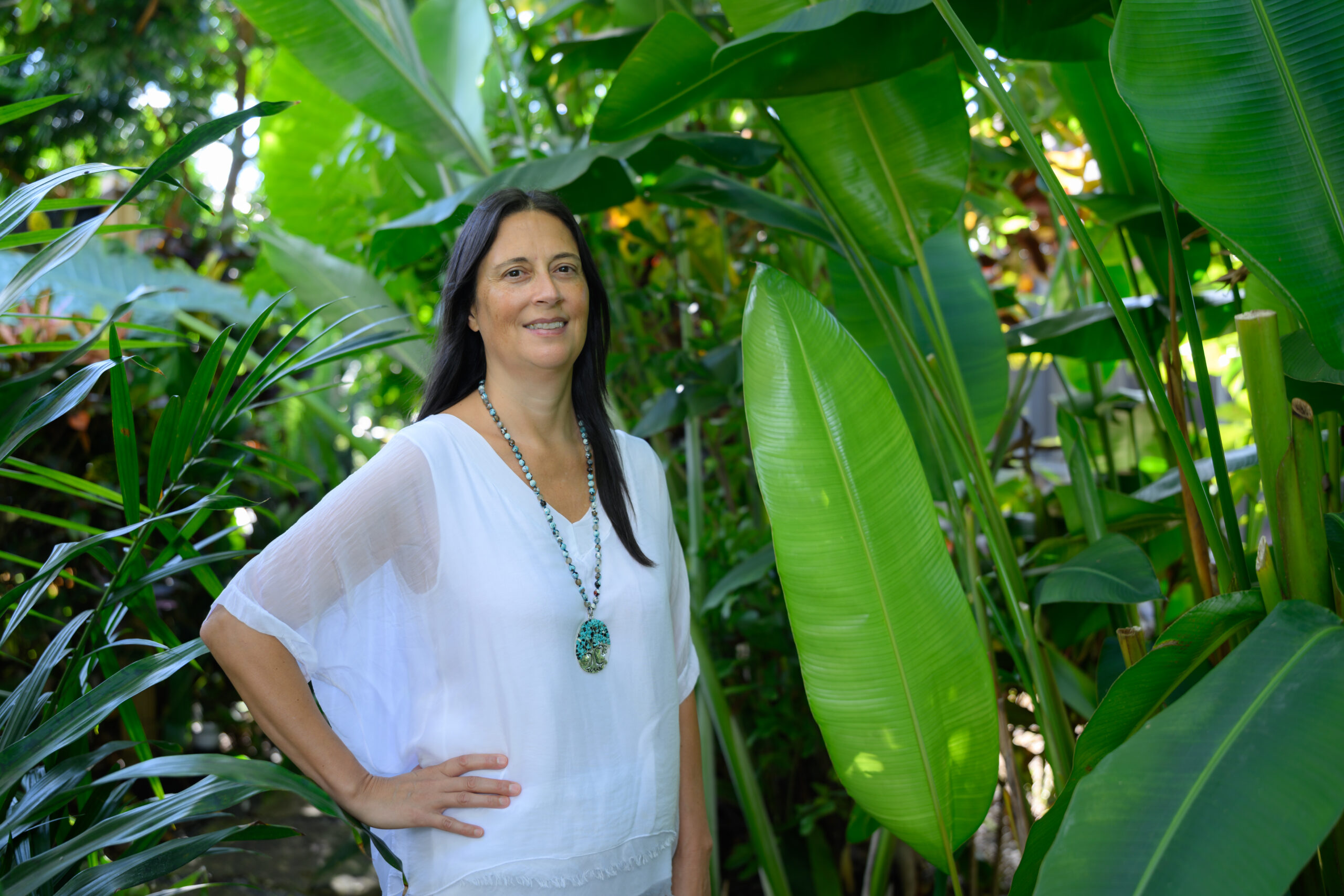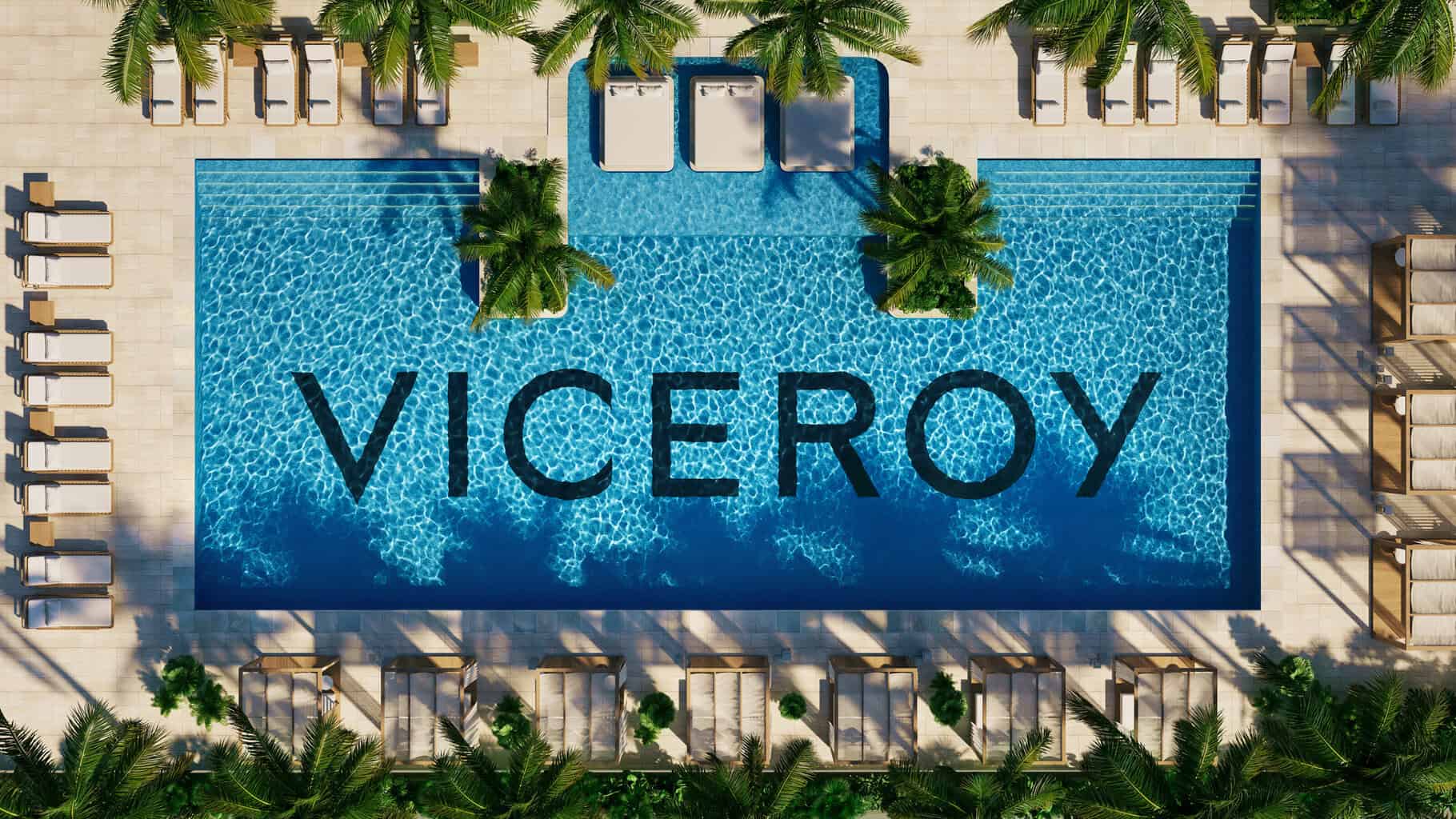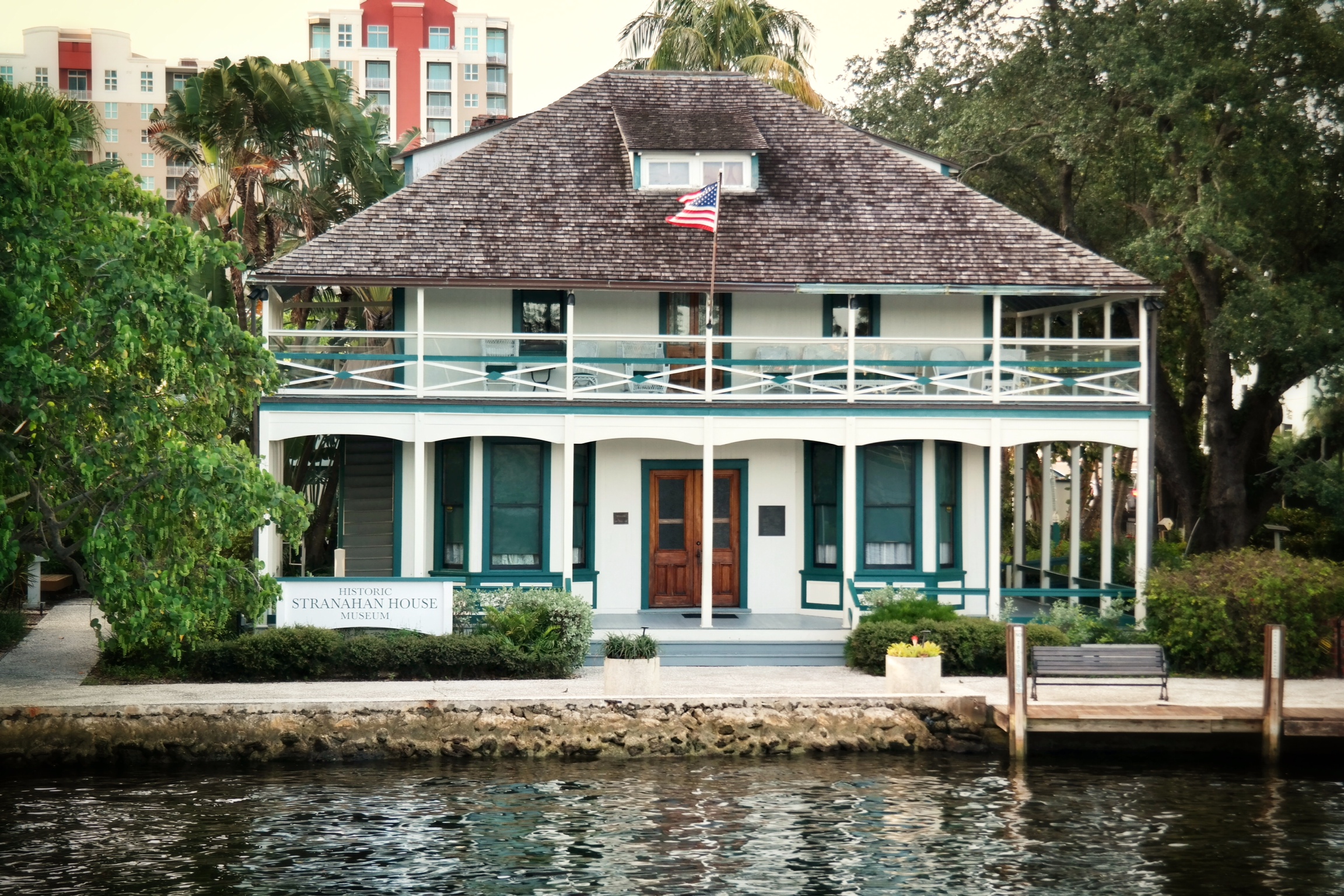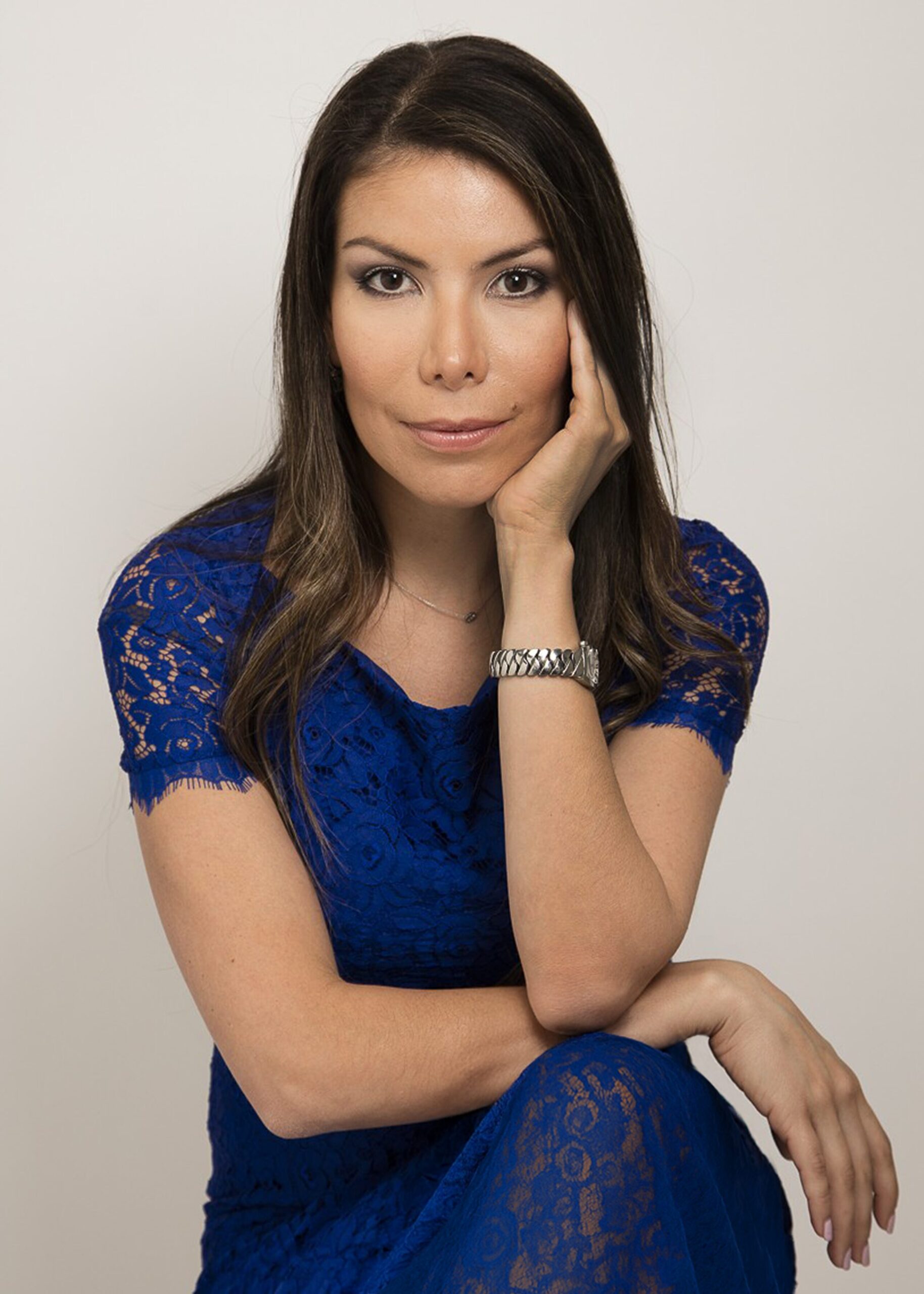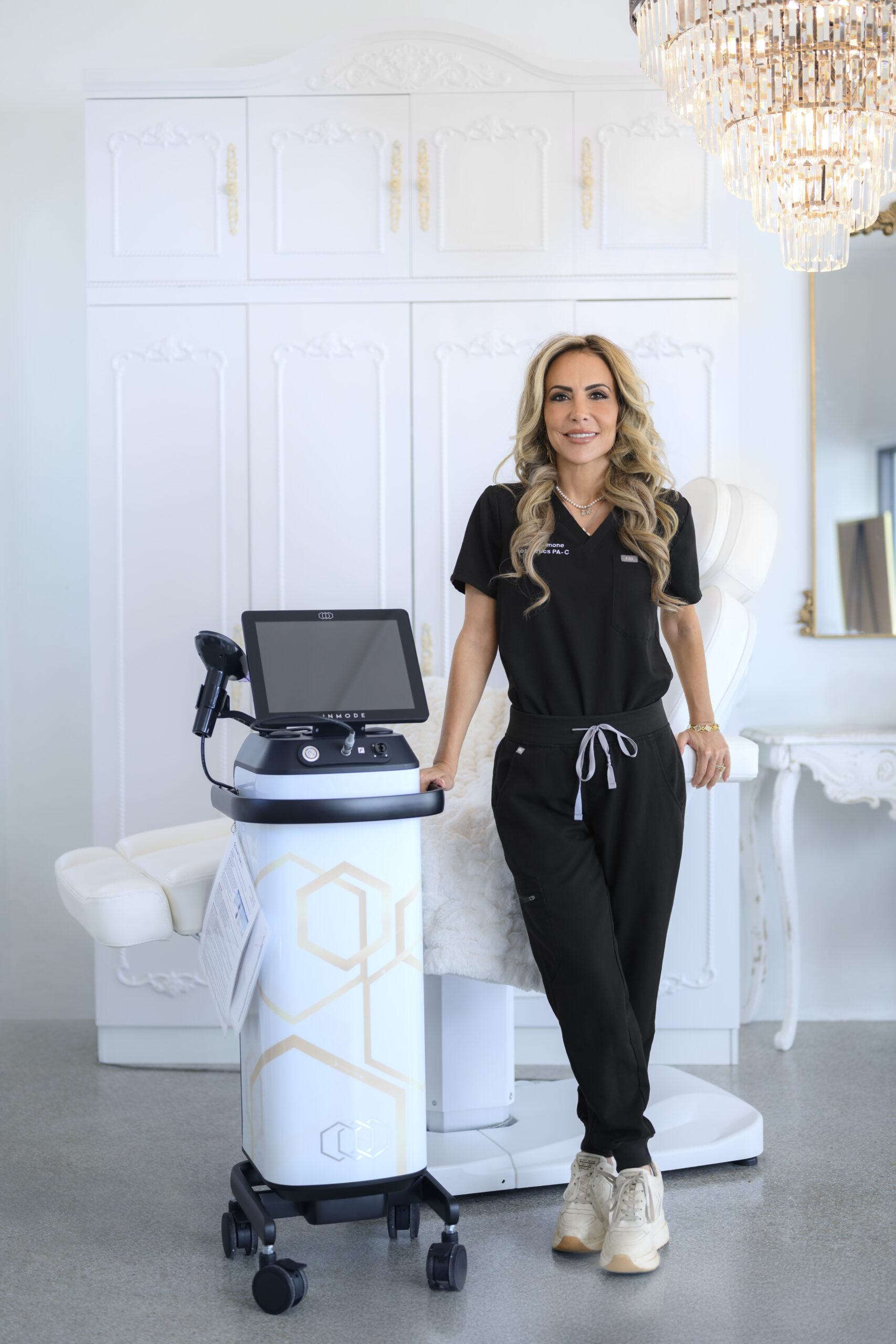 Aside from nearly three years in the U.S. Air Force, Miguel Arbesu always has lived in Miami. He used to live in Pinecrest, attending Miami Palmetto Senior High School. He went to the University of Miami for a bit and then graduated from Florida International University, where he earned a bachelor’s degree in economics.
Aside from nearly three years in the U.S. Air Force, Miguel Arbesu always has lived in Miami. He used to live in Pinecrest, attending Miami Palmetto Senior High School. He went to the University of Miami for a bit and then graduated from Florida International University, where he earned a bachelor’s degree in economics.
After the Air Force, he decided he wanted to be a physical therapist. He started at Nova Southeastern University but then, he says, he had a psychotic episode while at school. He worked odd jobs but suffered from severe anxiety and depression, which hurt his ability to work. Arbesu, now on disability, spends most of his time volunteering, including at Whispering Manes Therapeutic Riding Center.
Whispering Manes, at 6105 SW 125th Ave., opened as a nonprofit organization in 2012 and is devoted to therapeutic riding for anyone with a disability, ranging from anxiety and autism to Down syndrome and cerebral palsy. Arbesu arrived that same year.
“Naturally, I’m very shy and withdrawn, and I didn’t talk much when I got there,” Arbesu says. “But I got to know [head instructor] Robin Bramson, and now I know a lot about the horses so I’m not as quiet and shy as I used to be.”
Arbesu paired with the center because his Veterans Affairs case worker thought it would be a good way to manage his anxiety and depression. Executive director Erin Bauer says Whispering Manes’ first class was for veterans, and now veterans come by every other week. Seven schools visit each week as well. It’s not therapy, she says, but it is therapeutic.
“There’s a lot about the nature of the horse that is good for the human soul,” she says. “For a lot of people, interacting with an animal is an incredibly special opportunity. It provides them with a sense of being stronger.”
 Whispering Manes, which hosts upward of 80 participants a week, encompassing a range of disabilities, offers different therapeutic methods for riders and nonriders alike. Arbesu doesn’t ride horses, but as a volunteer three times a week, he helps care for seven full-size and two miniature horses.
Whispering Manes, which hosts upward of 80 participants a week, encompassing a range of disabilities, offers different therapeutic methods for riders and nonriders alike. Arbesu doesn’t ride horses, but as a volunteer three times a week, he helps care for seven full-size and two miniature horses.
“I usually show up before the riders arrive to brush and groom the horse,” he says. “Then I put on the saddles, and we’ll walk the horse around a bit before the kids start riding.”
Arbesu participates in therapeutic horsemanship, where he handles the horse without riding. Since there’s a 200-pound weight limit, not every participant gets to ride a horse—but all are encouraged to learn equestrian basics, such as grooming, feeding and handling. Even these small tasks are monumental to young people with disabilities.
“I’ve seen children who won’t communicate with another person struggle to work and make themselves heard by the horse,” Bauer says. “By touching or using their voice, they have found a way to communicate and interact with another living creature. For some children who live in a small box, that’s incredibly powerful.”
While Whispering Manes is designed for people with disabilities, it concentrates on children. Students from Villa Lyan Academy, a special-needs private school in Miami, have come since the center opened. Regina Orfila, the executive director of Villa Lyan, has seen the positive changes of therapeutic riding firsthand in her granddaughter, who has cerebral palsy. Because of stiffness from CP a few years ago, surgery was needed to stretch her ligaments. A doctor suggested horse riding as a natural way to stretch them out to avoid surgery. It worked.
“If I could do therapeutic riding every day I would,” Orfila says. “It helps [the kids] tremendously.”
Orfila says socialization changes dramatically. Many kids with disabilities don’t interact with other people, and they avoid eye contact. Her students aren’t like that, she says, and it’s because of the horses.
“A cerebral palsy student that uses a wheelchair has gotten on a horse and his spine straightens up,” she says. “He’s walking now with someone holding him and his spine is getting stronger from being on the horse.”
Even with the changes Orfila has seen in her students, not everyone can participate in the program because of limited funds. Bauer offers scholarships to several area schools to allow children to attend, but interest exceeds resources.
Compounding the problem: There are few sources of organizational funding for therapeutic riding because there isn’t a lot of research into its benefits—despite the results Orfila sees in her kids.
According to the Professional Association of Therapeutic Horsemanship International, there are nearly 900 PATH-certified centers around the world helping more than 62,000 children and adults. More than 5,000 others are on waiting lists.
And with good reason, Bauer says. “Horses are healing.”
For info about Whispering Manes—including ways to sponsor riders, make donations or volunteer—call 305.596.4204 or visit whisperingmanes.org.



